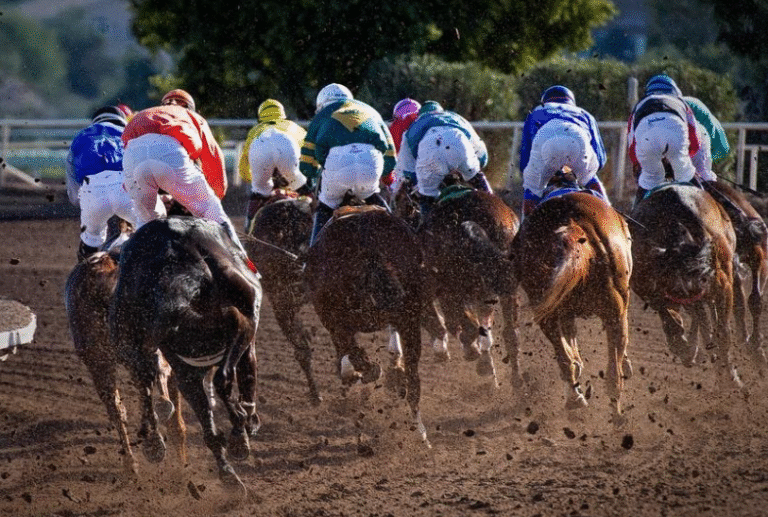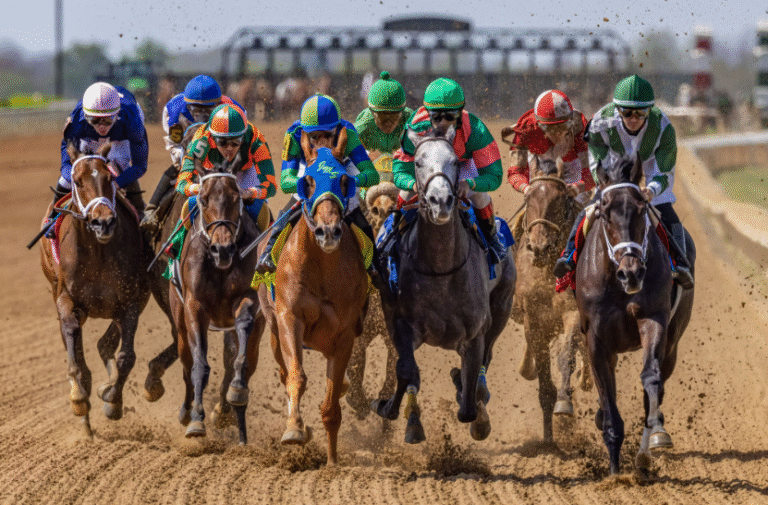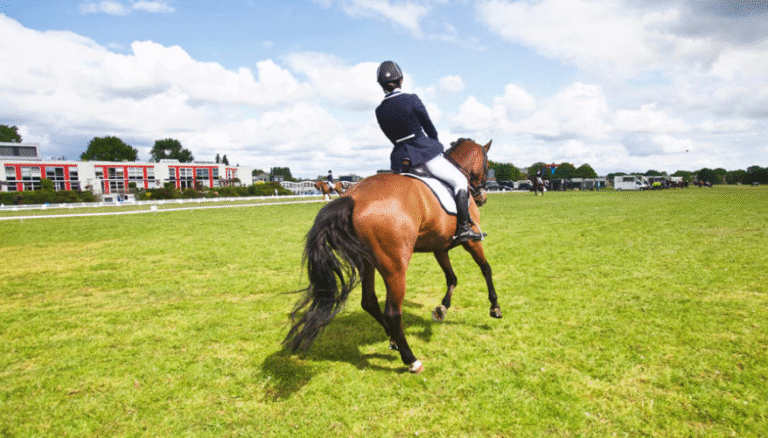How Horse Racing Is Governed: The Regulatory Bodies in the Industry
Horse racing operates under a sophisticated governance framework that includes national racing authorities and international regulatory organizations. These bodies establish rules that ensure fairness and the welfare of horses. Their roles encompass compliance enforcement, ethical standards, and safety measures. This structured oversight raises critical questions about the effectiveness of current regulations. How do these entities adapt to emerging challenges in the sport? The answers reveal much about the integrity of horse racing today.
The Role of National Racing Authorities
Although horse racing is a global sport, its governance is primarily shaped by national racing authorities, which establish the rules and regulations that ensure fair competition and the welfare of the horses involved.
These authorities enforce national standards and oversee racing compliance, thereby fostering integrity within the sport. Their role is crucial in maintaining public trust and ensuring that ethical practices are upheld across jurisdictions.
See also: How Horse Racing Impacts the Economy of Local Communities
International Regulatory Organizations
National racing authorities provide a framework for governance, but the complexity of horse racing as a global sport necessitates the involvement of international regulatory organizations.
These entities establish international standards and promote global collaboration among various jurisdictions. By harmonizing regulations, they facilitate a unified approach to governance, ensuring integrity and fairness while accommodating the diverse interests of stakeholders across the international racing community.
Drug Testing and Safety Protocols
As the integrity of horse racing hinges on the welfare of both the horses and the fairness of competition, drug testing and safety protocols play a crucial role in upholding these standards.
Testing protocols are meticulously designed to detect prohibited substances, while safety measures ensure the well-being of equine athletes.
Together, these elements foster a transparent environment, promoting trust among stakeholders and enhancing the sport’s overall integrity.
The Impact of Governance on Horse Racing Integrity
While robust governance structures are essential for maintaining the integrity of horse racing, their efficacy largely depends on the implementation and enforcement of regulations.
Transparency measures and ethical standards are critical components that foster trust among stakeholders.
Effective governance not only deters misconduct but also enhances public confidence, ensuring that horse racing remains a fair and legitimate sport in the eyes of enthusiasts and regulators alike.
Conclusion
In conclusion, the governance of horse racing, shaped by national racing authorities and international regulatory organizations, is essential for ensuring fair play and equine welfare. Through rigorous drug testing and safety protocols, these entities work in concert to uphold the integrity of the sport. As regulations evolve, they foster trust among stakeholders, creating a harmonious balance where competition thrives. Thus, the intersection of governance and integrity in horse racing not only safeguards the sport but also enhances its reputation globally.



